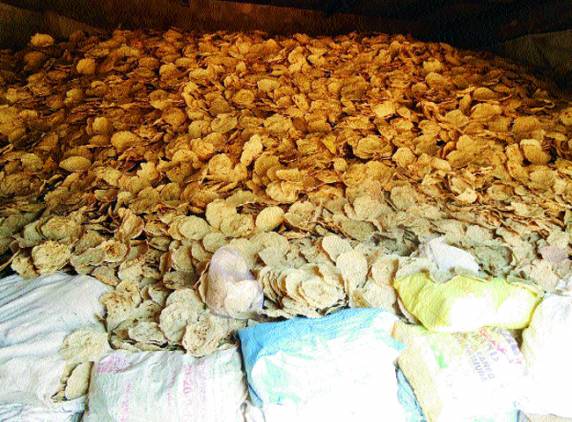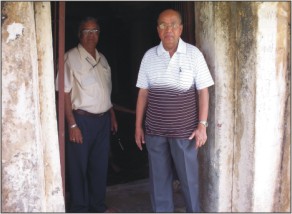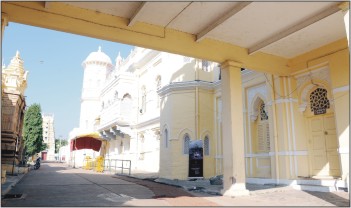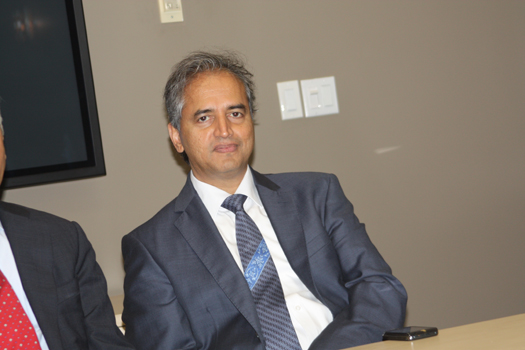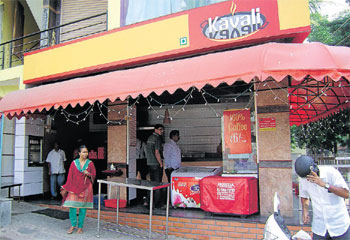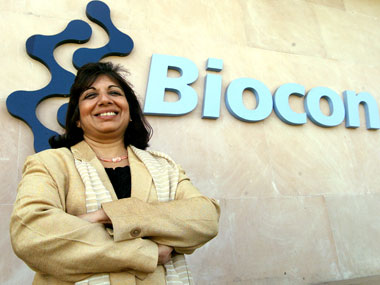The state-owned National Thermal Power Corporation Limited (NTPC) is likely to start work on the first stage of 4,000 Mw ultra mega power project at Kudgi in Bijapur district shortly. Following the transfer of 1,923 acres land by the state government, the board of NTPC recently approved a proposal to take up the work for the first stage of 3×800 Mw project at an estimated investment of Rs 15,166 crore.
The second stage for 2×800 Mw would be taken up later after the state government transfers the entire land for the project, NTPC sources said.
|
||||||
“The Karnataka Industrial Area Development Board (KIADB) has handed over priority land of 1,923 acres land for building the main power plant. Land acquisition for the balance 1,600 acres is in progress. We are awaiting the clearance from the ministry of environment and forests (MoEF) and once the approval comes the civil work on the first stage would commence,” sources said.
After the MoEF approval comes, the board of NTPC will approach the ministry of power for final approval to commence the work on the project, sources informed.
Meanwhile, NTPC has opened a project office at Bijapur, which is very close to the project site in Kudgi village. NTPC has deposited Rs 100 crore to acquire the land at Kudgi village. Of this, the KIADB has disbursed Rs 80 crore to farmers in the villages of Kudgi, Golasangi, Masuti and Telagi in Basavanabagewadi taluk of Bijapur district. The compensation given to farmers varies between Rs 5.25 lakh per acre for dry land and Rs 7 lakh per acre for wetland, KIADB officials said.
NTPC sources said about 1,100 acres of land for construction of Ash Dyke is under notification for acquisition. The company has included the Kudgi plant equipment in the bulk tendering issued for many other projects. The first unit will be operational in 58 months from the date of award of contract for the main plant equipment.
The Karnataka government had signed a memorandum of understanding (MoU) with NTPC on January 12, 2009 for the proposed project. This would be the first power project being set up in Karnataka by NTPC. The state government has committed to supply 5.2 tmc ft water from Almatti dam for the project.
NTPC would use the supercritical thermal technology at this plant. The proposed plant will have the capacity to generate 80 million units of power a day and 50 per cent of it would be supplied to Karnataka while the remaining would be shared among other states. The power purchase agreement was signed between NTPC and electricity supply companies in November 2010.
At present, NTPC has an installed capacity of 36,014 Mw and operates 15 coal-based, seven gas-based and six joint venture power stations. NTPC expects to have a 1,28,000 Mw generation capacity by 2032.
source: http://www.Business-Standard.com / Home> Companies & Industry / by Mahesh Kulkarni /Chennai/Bangalore/ January 13th, 2012
